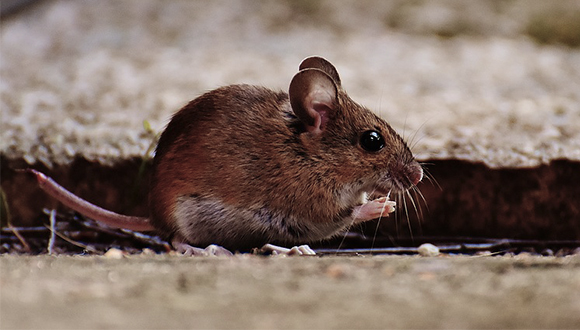Mice have “personality”
CREAF scientists have found that, contrary to what was previously thought, wood mice make decisions individually.

CREAF scientists have found that, contrary to what was previously thought, wood mice make decisions individually.

Trees that have grown in highly suitable climatic conditions are less capable of dealing with extreme droughts, according to a study that underlines the importance of taking a forest's history into consideration when deciding how best to conserve and manage it.
A study with the participation of researchers from CREAF and the UAB warns that increasing droughts could affect forests’ species composition and structure, making them more vulnerable.
Some populations of the edible dormouse have become isolated due to destruction or severe alteration of their habitat. A recent study by CREAF and the Granollers Natural Science Museum shows that litters from isolated groups have more males than females since the males are the more exploratory sex charged with finding new territories.
I want to dedicate my March’ article in this blog to two very distinguished scientists in the fields of ecology and ecological economics, an Andalusian and a Catalan. Both are well-known by most CREAF researchers, but the awards are a good excuse to explain their astonishing trajectories.
A recent study from CREAF, CTFC, and the UAB warns that if the continuity of forest vegetative cover over large parts of the territory is not reduced with urgency, catastrophic fires will become more and more common. Allowing some spontaneous fires to burn under controlled conditions could help to resolve this problem.

